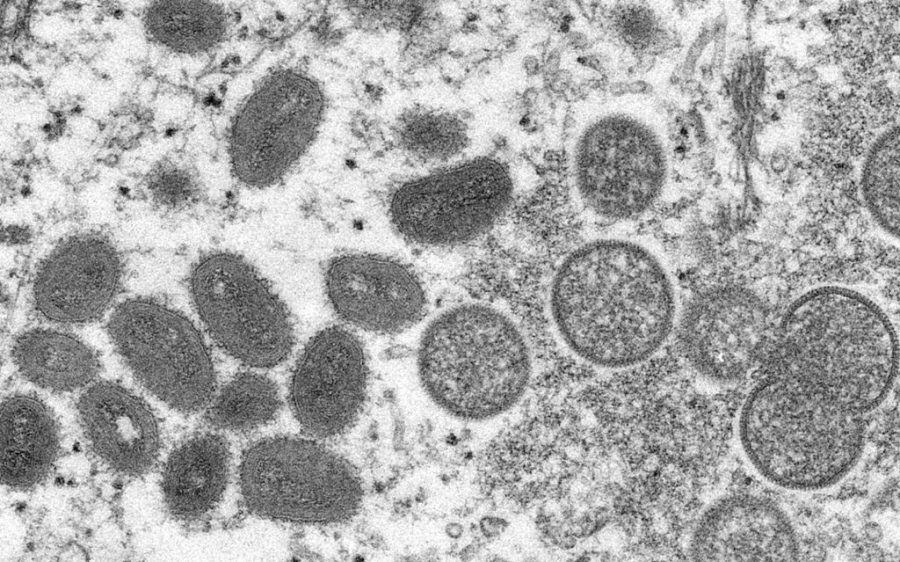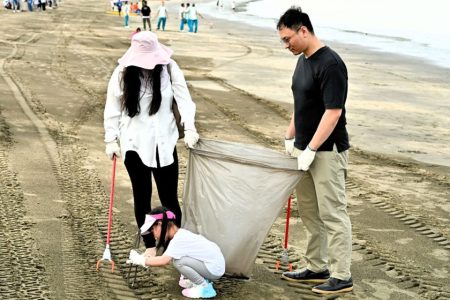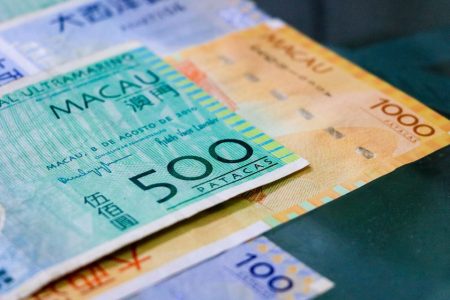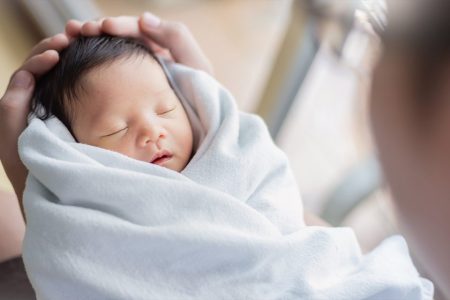The Macao Health Bureau (SSM) has again urged residents to remain vigilant against monkeypox, which was declared a global health emergency by the World Health Organization (WHO) in late July.
The bureau urged residents to intensify their vigilance against monkeypox after Hong Kong reported its first monkeypox case yesterday.
No monkeypox case has been reported in Macao.
The case, a 30-year-old man, which has been classified as imported, was announced by Hong Kong’s Centre for Health Protection (CHP).
According to CHP officials, the man had stayed in the United States and Canada, before flying from the Philippines to Hong Kong on Monday.
The man was taken to Queen Mary Hospital from a quarantine hotel after he felt unwell on Monday night.
He came down with a rash on Tuesday last week, swollen lymph nodes on Friday, and a sore throat and difficulty in swallowing on Monday night – the day he arrived in Hong Kong.
The CHP officials said that the man had possibly caught the monkeypox virus in the US.
Monkeypox infections have been reported in various non-endemic countries, such as Australia as well as some in Europe, North America and Asia. The WHO declared monkeypox a public health emergency of international concern (PHEIC) in late July after a rapid increase in the number of cases worldwide.
Monkeypox is a zoonotic disease caused by the monkeypox virus, which belongs to the same orthopoxvirus genus as the smallpox virus. The main source of infection is rodents infected with the monkeypox virus, while primates, such as monkeys, chimpanzees, and humans, can also become a source of infection after having caught the virus, the statement said.
It is transmitted to humans through close contact with infected people or animals or virus-contaminated materials such as body fluids, respiratory droplets and bed linen. Most monkeypox cases have been related to homosexual practices.
The incubation period of monkeypox normally ranges from 6 to 13 days, however it can extend to 21 days.
The clinical symptoms of monkeypox can range from mild to severe, including fever, headache, muscle ache, back pain, swollen lymph nodes, chills and fatigue. Most monkeypox patients will come down with a chickenpox-like rash, although most of those infected with the disease will recover in 14 to 21 days without treatment.
Monkeypox’s fatality rates have ranged from three to six per cent in African countries, where the disease is endemic. Fatality rates among children, adolescents and immunocompromised individuals are relatively higher. Those who have been inoculated against smallpox are also immune to monkeypox.
The SSM hosted a presentation in June to give the city’s frontline health workers a better understanding of monkeypox.
The Legislative Assembly enacted an amendment bill in July that adds monkeypox to Macao’s list of notifiable diseases.
The SSM is discussing its possible purchase of a monkeypox vaccine with the respective manufacturer.
According to international news reports, there is currently only one biotechnology company that produces an approved vaccine for monkeypox, the Jynneos vaccine developed by Denmark’s Bavarian Nordic, The Macau Post Daily reported.






